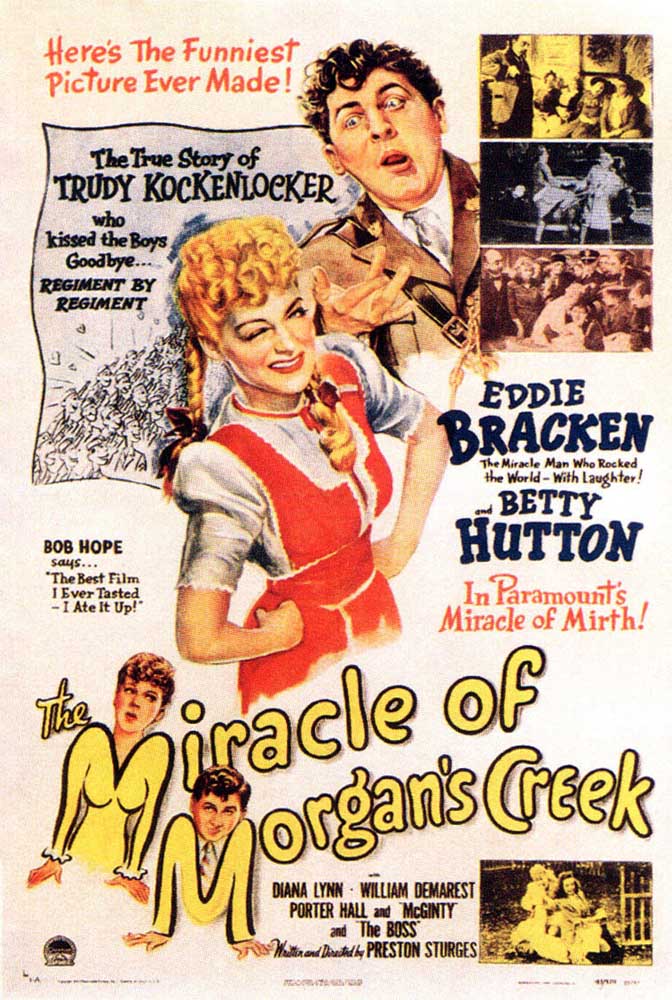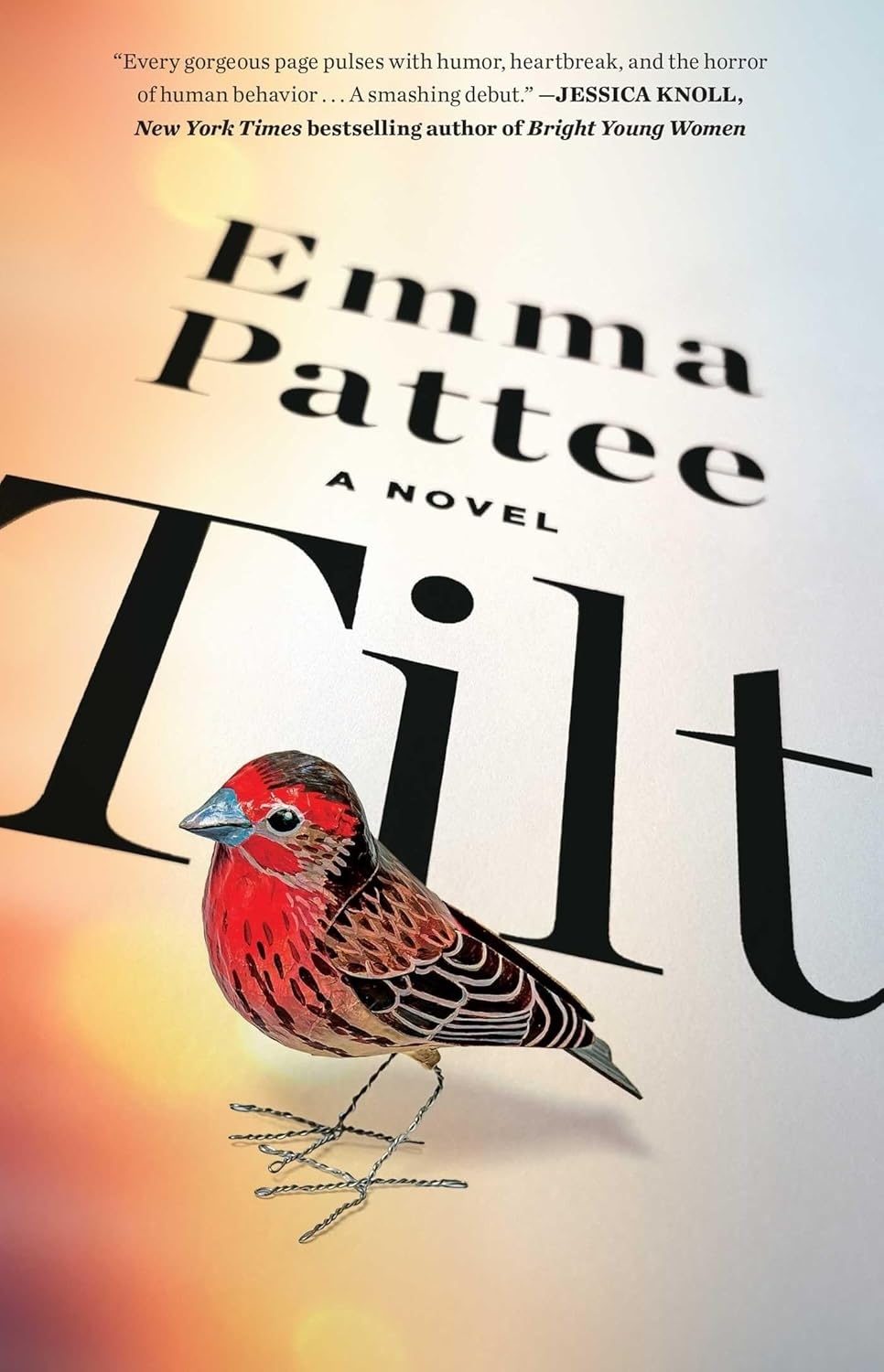Four classic romantic comedies for Valentine’s Day
Published 3:00 am Thursday, February 9, 2017

- Four classic romantic comedies for Valentine’s Day
One way to get into the Valentine’s Day groove is to treat yourself to a movie; a romantic comedy is best. If you’re open to them, films from the 1930s and ’40s offer a veritable treasure trove of enchanting takes on boy and girl meet cutes in the movies. Here are four of my favorites.
Trending
Director: Preston Sturges
This 1940 film is a riot. It begins on an ocean liner bound for New York. Barbara Stanwyck’s character, Jean Harrington, is a con artist, on board with her father, “Col. Harrington,” played by the redoubtable Charles Coburn. The pair intend to fleece the obscenely wealthy Charles Pike, played by Henry Fonda, who is heir to the Pike Ale millions. He’s been up the Amazon River studying snakes.
As word of his immense wealth has gotten around, every eligible woman on the ship is making goo-goo eyes at poor Charles. The shy scientist is not only uninterested, he’s horrified — until he meets Jean, that is. Where other women fawn, Jean alternately teases and flirts with him — the poor sap doesn’t have a chance.
Trending
While he may be her mark, Jean starts to fall for him. When Charles finds out who she is, he dumps her. In an act of revenge, she re-enters his life — this time as titular “Lady Eve Carrington,” making him fall in love with her all over again. There’s a hilarious proposal scene (where a horse repeatedly bats Fonda in the head). It’s all such great fun!
Director: Billy Wilder
Set in Paris, 1939’s “Ninotchka” isa classic romantic comedy centering on clashing ideologies: Soviet communism versus capitalism, which soon give way to l’amour. Greta Garbo plays a Russian envoy — humorless, deadpan and all business — who’s transformed by Parisian love. This is largely thanks to the attentions of a playboy, Count Leon D’Algout, played by the charming, urbane Melvyn Douglas.
There are plenty of laughs, many courtesy of three bumbling Russian emissaries. They’re part of a subplot having to do with selling some imperial jewels confiscated during the Bolshevik Revolution. To prevent this, the Count sets about corrupting the hapless bumblers by introducing them to the joys of capitalism, e.g., wine, women and song. It isn’t long before Garbo (as Ninotchka) is dispatched from Russia when things aren’t proceeding as planned.
The cynical Count is quickly smitten given Ninotchka’s beauty and unique qualities. He woos and wins her, exposing her to the pleasures of a “decadent bourgeois lifestyle” all the while. Ninotchka reluctantly returns to Russia, but is then dispatched to Turkey, to ride herd once again on the wayward Russian trio. Upon arrival, she finds Leon waiting for her. Awww.
Director: Ernst Lubitsch
“The Shop Around the Corner” is a delightful 1940 romantic comedy about everyday people. As head sales clerk in a Budapest notions/gift shop, Alfred Kralik, played by James Stewart, and Klara Novak, played by Margaret Sullavan, take an immediate dislike to each other and are constantly bickering.
What they don’t know, however, is that they are each other’s anonymous pen pal, regularly exchanging lofty correspondence. On paper, they’re romantically compatible and unwittingly fall in love through their letters to one another. On the very night they plan to meet, Alfred is fired by his boss (played by the wonderful Frank Morgan) who wrongly suspects Alfred of having had an affair with his wife.
In a memorable scene, Alfred seeks comfort by keeping his date with his unknown pen-pal in a café. Still, he doesn’t reveal his identity to poor Klara yet. In the end, though, Alfred gets rehired and comes clean to the woman he loves.
Director: Preston Sturges
Released in 1944, this is one of director/writer Preston Sturges’ top war-time screwball comedies. Its content was considered darned controversial. It skewers marriage, parenthood, motherhood and the family no less, and features Sturges’ trademark fast dialogue and slapstick humor.
A hapless, small-town girl from Morgan’s Creek, flirty blonde Trudy Kockenlocker (Betty Hutton) attends a rollicking, all-night farewell party with servicemen from the local Army base, gets drunk and marries a soldier. She finds herself pregnant, but can’t remember which soldier she had married. Was his name something like “Ignatz Ratzkiwatzki” or was it “Zitzkiwitzki”?
She’s plenty worried about her strict, exasperated and overprotective father Constable Kockenlocker (William Demarest). On the advice of her younger sister, Trudy convinces an average guy, Norval Jones (Eddie Bracken) — a bank-clerk, 4-F reject and Trudy’s childhood boyfriend — to marry her and pretend to be her child’s father. This unleashes a storm of problems, legal and otherwise. Don’t miss this one.









